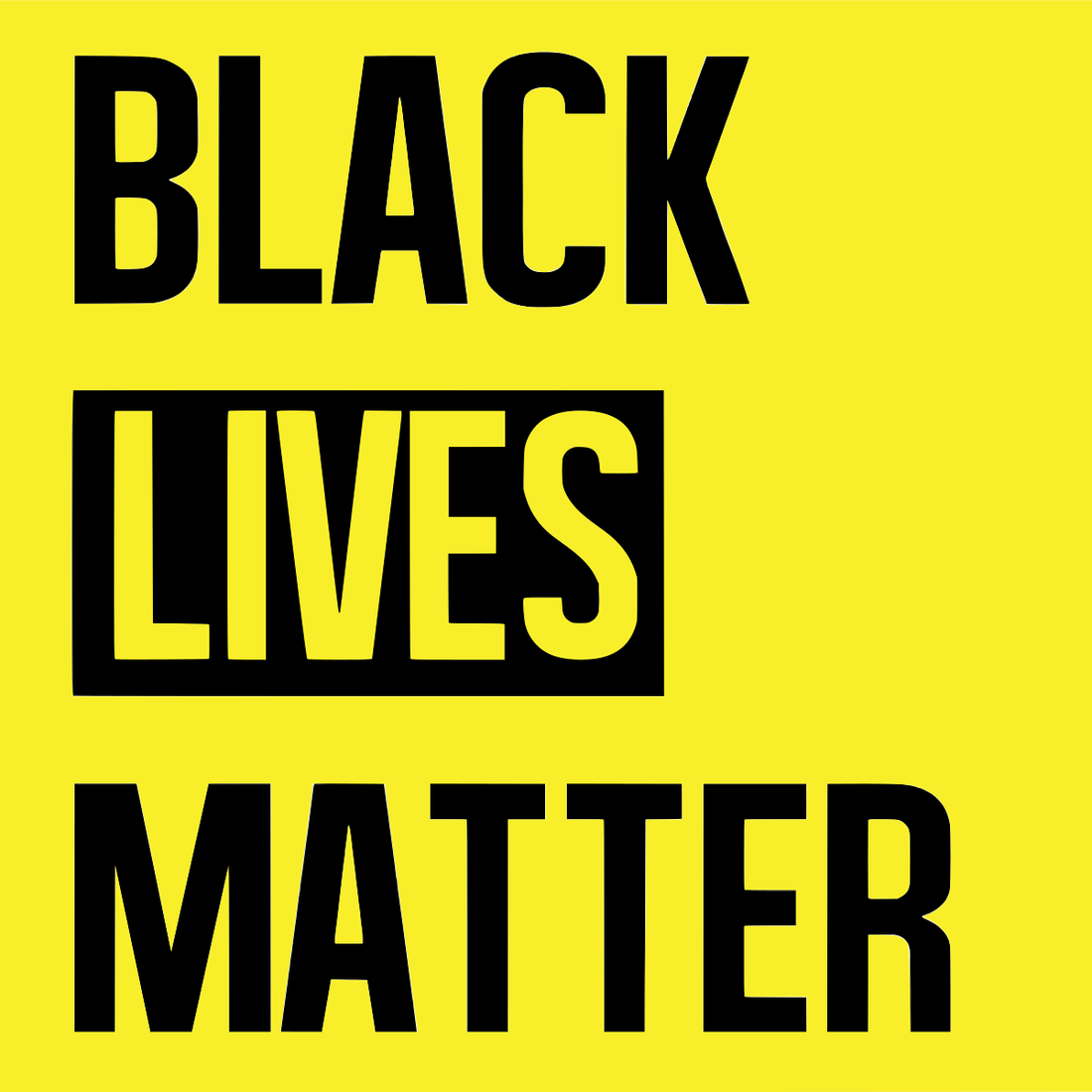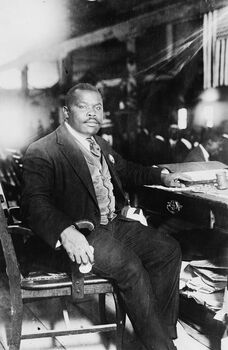|
Founder of the Universal Negro Improvement Association and African Communities League, Marcus Garvey was a Jamaican political activist leader who influenced Rastafarians, the Nation of Islam and other activists, such as Malcolm X. Although often controversial, his ideas and dreams about the unification and empowerment of African-American people have become known as Garveyism.
Marcus Mosiah Garvey Jr. was born on 17th August 1887 in the Colony of Jamaica. Although it was largely an ethnic country, there was a colourist social hierarchy and Garvey’s family, with their very dark skin, were at the lowest end. Garvey’s grandparents had been born into slavery and had taken on their Irish owner’s surname. Garvey’s parents, however, were considered well-off amongst the peasant community. His father, Malchus Garvey, was a stonemason and his mother, Sarah Richards, was a domestic servant. As well as a stonemason, Malchus Garvey was a layman at the local Wesleyan Church and so it was only natural that Marcus attended the church school. At 14, Garvey left school due to lack of funds and was apprenticed to his godfather who ran a printing business. Until then, Garvey had not fully felt the effects of racism. He had friends with various skin tones, including a white girl and he never thought his race would be a problem. In 1905, Garvey moved to Kingston to work at P.A. Benjamin Manufacturing Company where he became the first Afro-Jamaican foreman. He was able to provide for his mother and sister who had moved in with him after leaving his father. Sadly, an earthquake struck in 1907, destroying his home. The family were forced to sleep out in the open for several months and his mother died the following year. Whilst living in Kingston, Garvey converted to Catholicism. He also started to voice his opinions, which led to him being sacked from the manufacturing company. By this point, he was very angry with the inequalities in Jamaican society. After getting a job as the first secretary of Jamaica's first nationalist organization, the National Club, Garvey enrolled in elocution lessons with Bahamian-born clergyman Dr Robert Love (1831-1914) and began entering public speaking competitions. Between 1910 and 1914, Garvey travelled abroad, beginning with Costa Rica where he worked as a timekeeper on a large banana plantation. He also briefly set up his own newspaper Nation/La Nación in which he expressed his strong opinions. Garvey gradually worked his way through Central America, moving from job to job until he decided to travel to London in the hopes of improving his education. In London, Garvey found a job as a labourer in the city docks. His sister, Indiana, came over to join him and found herself a position as a domestic servant. Garvey noted there were not many black people in the city and those he came across were usually some form of a labourer. Garvey visited the House of Commons during his stay and was impressed by the politician David Lloyd George. He also visited Hyde Park Corner and began to regularly speak there. In 1913, Garvey got a job at the African Times and Orient Review as a runner and began writing for them the following year. After a brief trip through Europe, during which he had a short engagement with a Spanish-Irish heiress, Garvey had run out of funds and decided to return to Jamaica. During the journey, he met and spoke to an Afro-Caribbean missionary who inspired Garvey to envision a movement that would unite all black people of African descent. This idea formed the Universal Negro Improvement Association and African Communities League, commonly abbreviated as UNIA, which Garvey launched in July 1914 with the motto "One Aim. One God. One Destiny". The association aimed to establish a brotherhood among the black race, to promote a spirit of race pride, to reclaim the fallen and to assist in civilising the backward tribes of Africa.” The association got off to a very slow start but Garvey was enthusiastic and attended many meetings, including with the Queen Street Baptist Literary and Debating Society where he met Amy Ashwood, with whom he secretly became engaged. Having failed to gain many members in Jamaica, Garvey moved the UNIA to the USA where he initially lodged with a Jamaican expatriate in New York City. He travelled the country lecturing, having been inspired by black Baptist and Episcopal preachers. Back in New York, Garvey targetted his speeches at Afro-Caribbeans as well as African-Americans. Membership of the UNIA began to grow rapidly. Within 18-months of its establishment in the USA, the UNIA had branches in 25 states as well as some Central American countries. It is not certain how many people became members of the association but at one point Garvey boasted of over 2 million members. Unlike other activist groups, the UNIA had a blacks-only policy, therefore, Garvey was often accused of hindering attempts of racial integration. Things came to a head when Garvey called the writer Cyril Briggs (1888-1966) and other members “white” because of their mixed heritage. In October 1919, a vendor of Negro World attempted to assassinate Garvey, who survived with a couple of gunshots to his legs. The shooter, George Tyler, was arrested but died attempting to escape from prison. With his mortality in mind, Garvey married Amy Ashwood at a private Roman Catholic service on Christmas Day. Sadly, the marriage lasted little more than three months and they soon separated. Garvey moved on to new and bigger ideas, including the Black Star Line, a ship for black people run by black people. The ships travelled between Africa and the Americas and, after a few monetary problems, began to do quite well. Unfortunately, many people were beginning to dislike Garvey for his views and he was often booed at his speeches. In 1922, Garvey and three other UNIA officials were charged with fraud involving the Black Star Line. Their finances were in a mess and contained many inaccuracies, therefore, it is difficult for them to defend themselves. Garvey was found to be guilty, whereas the others were let go, and was imprisoned for five years. On his release in 1927, Garvey was deported to Jamaica. He continued to work with the UNIA, however, people were confused when he collaborated with organisations like the KKK. Garvey reportedly claimed he respected white supremacists because they acted on their word, unlike other white people. As a result, Garvey lost a lot of support within the Black population. In 1935, Garvey moved to London where he died after a series of stroke in 1940. By this time, he was far less popular than he had been a decade ago, however, in 1964, Jamaica hailed him as a national hero. Although he alienated a lot of people through his radical beliefs and actions, he was the spark that influenced many civil rights activists, for instance, Malcolm X. Most of his Black Nationalist views have been ignored but his key messages live on, particularly “Black is beautiful”. “We must canonize our own saints, create our own martyrs, and elevate to positions of fame and honour black men and women who have made their distinct contributions to our racial history … I am the equal of any white man; I want you to feel the same way.” - Marcus Garvey
0 Comments
Your comment will be posted after it is approved.
Leave a Reply. |
©Copyright
We are happy for you to use any material found here, however, please acknowledge the source: www.gantshillurc.co.uk AuthorRev'd Martin Wheadon Archives
June 2024
Categories
All
|


 RSS Feed
RSS Feed